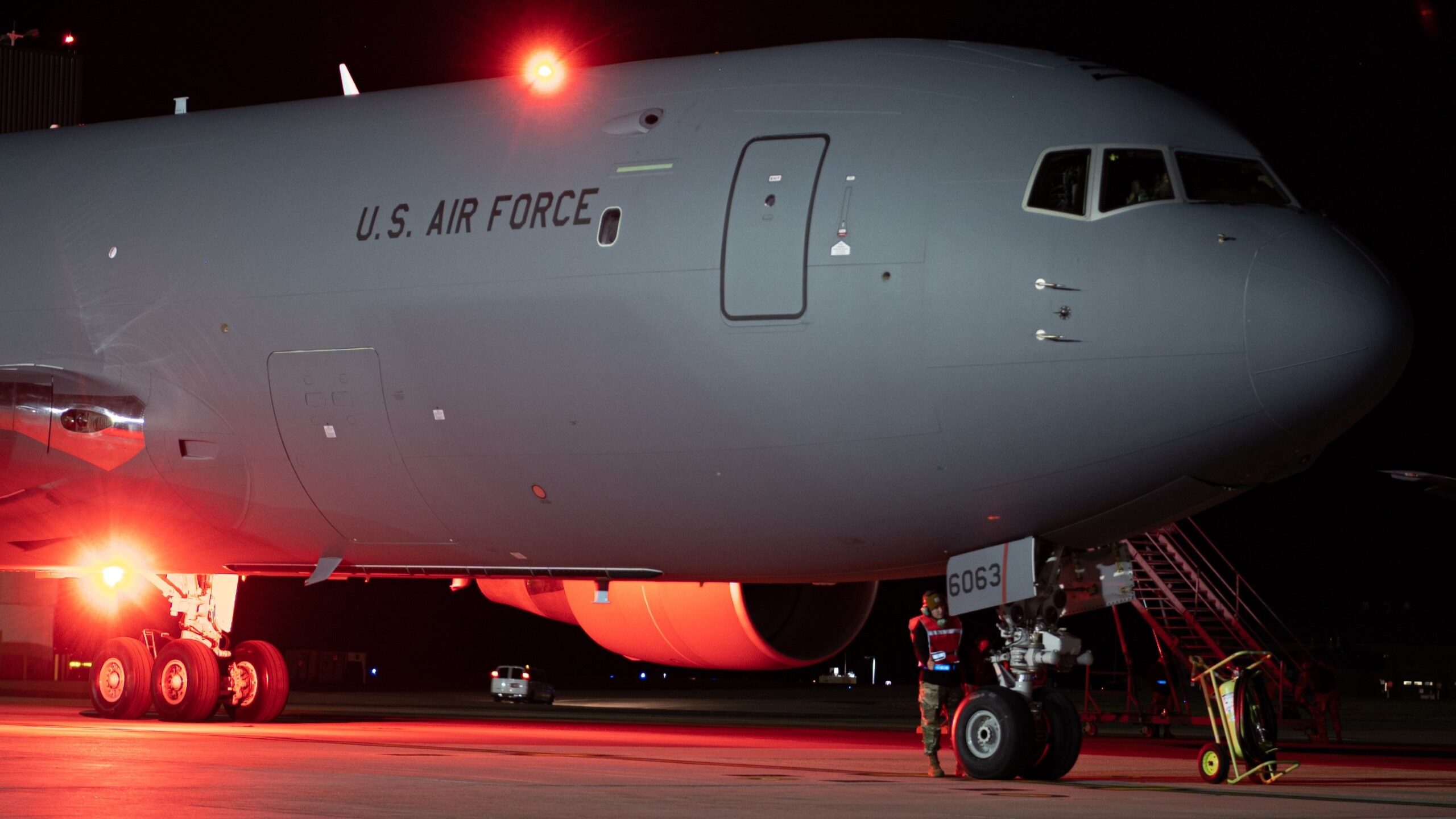33,000 striking machinists employed by ![]() Boeing
Boeing
and represented by the International Association of Machinists and Aerospace Workers 751 (IAM 751) voted to walk out starting at 12:01 AM on September 13. The walkout will not just impact Boeing’s commercial aircraft production lines but some of Boeing Defense’s product lines also such as the KC-46 Pegasus
.
Details on the strike action
On September 12, IAM 751 members voted 94.6% against the tentative agreement made by and recommended by Boeing Chief Executive Officer Robert Kelly Ortberg and IAM 751 leaders. Coupled with that vote to reject the tentative agreement was a vote to strike of 96%, which shut down Boeing’s Renton 737 production lines and Paine Field 777, 767, and 787 rework production lines.
Unlike in the case of airline unions, there is no need for a process to gain release to “self-help” such as striking. Nor “CHAOS” strikes that only call out single routes or, in Boeing’s case, single production lines – all production lines struck by IAM 751.
This strike, being that some of the United States Air Force’s key recapitalization programs like the E-7 Wedgetail and the KC-46 Pegasus are based on Boeing jetliners – as well as the P-8A Poseidon for several navies, will have direct impacts on Boeing defense product delivery.
Impacts on the Boeing KC-46 Pegasus
In a September 13 Defense News report, Boeing’s Chief Financial Officer Brian West was quoted as saying;
“The tanker program is going to be impacted by the (Boeing Commercial Airplanes) factory disruption, and now work stoppage. That is going to flow through the tanker rates, which is going to be more cost pressure.”
Why more? Try Boeing Defense had these cost pressures before the IAM 751 strike:
- Increasing production of the F-15EX Eagle fighter jet and T-7A Red Hawk trainer jet
- Development issues with the T-7A Red Hawk and MQ-25 Stingray naval drone driving up costs for Boeing
- Winding down work on the F/A-18 E/F Super Hornet production line
Delayed KC-46 Pegasus aircraft will mean the United States Air Force will have to rely more and longer on the aging KC-135 Stratotanker, mostly originally built in the 1950s and 1960s but upgraded a few times. As the author, who flew on a KC-135 earlier this year, can attest, the KC-135 is from a different time.
Additionally, Boeing could be fined for delays in producing more KC-46A Pegasus tankers, even after being awarded a $2.3 billion contract for more in November 2023. Already, Boeing has had to absorb $7 billion in cost overruns. The US Government has also approved a $4.1 billion sale of nine KC-46A Pegasus refuelers to Japan, which may also be directly impacted.
However, IAM 751 does not represent St. Louis, Missouri, factory building machinists. Those machinists are represented by IAM 837 and voted on August 3, 2022, to accept a 3-year contract.

